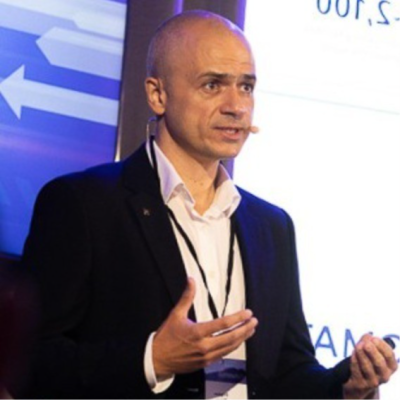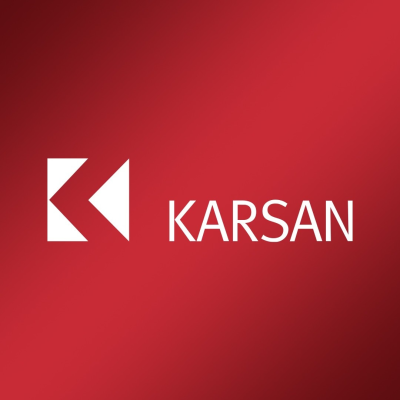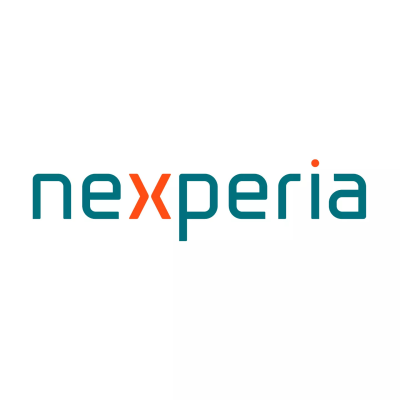Main Conference Day 2, Wednesday, 5 December 2025
8:00 am - 9:00 am
Workshop B: Building Agentic AI Systems with AI Foundry and Co-Pilot
Pooja Bhatia -
Data & AI Cloud Solution Architect,
Microsoft
• This workshop provides an overview of AI Foundry and Co-Pilot capabilities, demonstrating
how these tools support the development and orchestration of agentic AI systems through
practical, hands-on examples.
• Demonstrates core features of AI Foundry for scalable AI model development and
deployment, enabling autonomous agent behavior in complex workflows.
• Explores Co-Pilot integration to enhance developer productivity with AI-assisted coding
and automation, facilitating multi-agent collaboration and decision-making.
• Walks participants through real-world scenarios showcasing AI Foundry and Co-Pilot in
action, highlighting their role in building and managing agentic AI systems.
9:00 am - 9:10 am
Chairman’s introduction
Armand Angeli -
Vice-President, Digital Transformation and International Groups, DFCG and Expert,
DFCG
Daniel Hulme, Chief AI Officer, WPP, Room Universe
• In a world where many believe access to more and more data will lead to ever better decision-making, we’ll look at what AI really is - Identifying the current and future challenges and opportunities for emerging technologies
• New framework for thinking about AI, and discussion on how organisations can practically adopt these technologies and avoid being seduced by the hype
• Whilst these technologies are incredible at creating growth and streamlining operations, for companies to stay innovative they need to also use AI to unlock the creative capacity of their workforce.
• Macro impact these technologies may have on business and humanity over the coming decades

Armand Angeli
Vice-President, Digital Transformation and International Groups, DFCG and ExpertDFCG

9:10 am - 9:30 am
Opening Keynote: Rethinking AI and how Agents impact Business and Humanity
Daniel Hulme -
Chief AI Officer,
WPP
• Definition of intelligence and decision-making in the context of AI, questioning the
assumption that more data automatically leads to better outcomes
• Application of agentic systems to augment human creativity, enable adaptive operations,
and support long-term innovation across sectors.
• Assessment of AI’s broader impact on society, governance, and human agency over the
coming decades, including ethical and economic implications
9:30 am - 10:00 am
From Open Models to Enterprise Value: Operationalizing Open-Source GenAI
• How open-source foundation models can be securely adapted and fine-tuned for real-
world business use cases.
• Insights into model versioning, access control, and performance tracking as enablers of
responsible AI deployment at scale.
• Examples from enterprise projects that combine modular tooling, community-driven
innovation, and production-grade workflows.
Reserved for one of our business Partners
10:00 am - 10:20 am
Agentic AI Unleashed: The Power and Pitfalls of Multi-Agent Systems
Bogdan Pirvu -
Head of Data Science,
Novomatic AG
• Exploring fundamental technical aspects of AI agents, including core capabilities and
architectures enabling agentic behavior.
• Discussing multi-agent systems with collaborative and competitive AI agents pursuing
shared objectives, and their superior use cases.
• Highlighting challenges in deploying multi-agent systems, such as error amplification and
suboptimal system behavior, and implications for business users.
10:20 am - 10:50 am
Coffee Break and Networking
10:50 am - 11:10 am
From Engineering to Customer Experience: Deploying AI Agents in Manufacturing Workflows
Haydar Vural -
Chief Digital Officer (Cdo),
Karsan
• How autonomous agents are being integrated into engineering workflows across the
product lifecycle, supply-chain, purchasing and manufacturing operations.
• Use cases for AI in product life cycle (PLM) systems and within design teams.
• Breaking silos in manufacturing and using agents to unite the path from design phase to
final customer experience
11:10 am - 11:40 am
Panel: Organizing for AI Success: New Roles, Teams, and Operating Models
• How leading enterprises restructure around GenAI — from AI product owners to prompt
engineers and data domain stewards.
• Explore federated vs. centralized approaches, business-user enablement, and lessons in
cultural transformation.
• Insights into how new team structures align with regulatory expectations and support
scalable, cross-functional AI deployment.
11:40 am - 12:00 pm
From Generative to Agentic AI: Building Predictive and Prescriptive Insights at Scale
Jordi Escayola -
Global Head Advanced Analytics, Artificial Intelligence & Data Science,
Sanofi
• Leveraging GenAI not only for descriptive outputs, but combining it with predictive and prescriptive analytics to generate actionable insights.
• Tackling the complexity of targeting diverse data foundations across multiple business units, balancing scalability with quality.
• Lessons learned from Sanofi Consumer Healthcare’s journey, including successes, mistakes, and next steps in moving from experimentation to enterprise adoption.
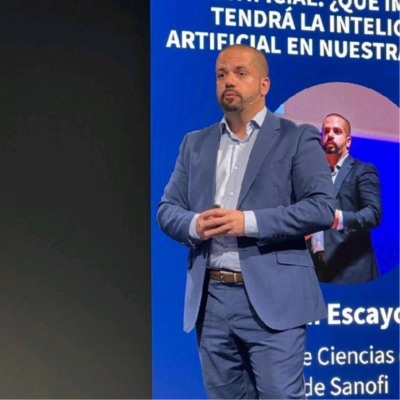
Jordi Escayola
Global Head Advanced Analytics, Artificial Intelligence & Data ScienceSanofi

12:00 pm - 12:20 pm
Agentic AI in Practice: Moving Up the Value Chain with Secure and Trustworthy Architectures
Sonika Kapil -
AI & App Chief Architect,
Microsoft
• Showcasing real-world applications of agentic AI across automotive, pharma, finance, and insurance sectors.
• Examining how enterprises structure secure, compliant multi-agent systems using frameworks like Semantic Kernel and Autogen.
• Reviewing evaluation strategies for GenAI quality and responsible AI design under evolving regulatory expectations.
12:20 pm - 1:40 pm
Lunch break
Stream A – Agenti AI Use Cases
1:40 pm - 1:40 pm Chairman Armand Angeli - Vice-President, Digital Transformation and International Groups, DFCG and Expert, DFCG
Armand Angeli
Vice-President, Digital Transformation and International Groups, DFCG and ExpertDFCG

Stream A – Agenti AI Use Cases
1:40 pm - 2:00 pm Applications of Agentic AI Approaches in Pharma and Biopharma Manufacturing• Showcases real-world applications of agentic AI to optimize
pharma and biopharma manufacturing processes.
• Explores autonomous agents for predictive maintenance,
quality control, and supply chain coordination.
• Highlights challenges and solutions in deploying agentic
systems within highly regulated manufacturing environments.
Ogsen Gabrielyan - Head of Data Science in the Global Engineering & Technology, Boehringer Ingelheim Biopharmaceuticals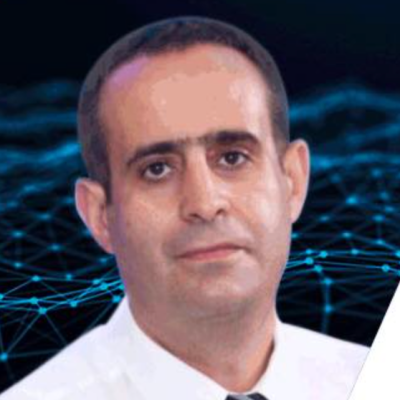
Ogsen Gabrielyan
Head of Data Science in the Global Engineering & TechnologyBoehringer Ingelheim Biopharmaceuticals
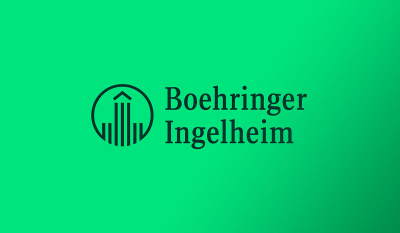
Stream A – Agenti AI Use Cases
2:00 pm - 2:20 pm From Human Only to Integrated AI Agents: Navigating the Path to AI in Investment Decisions Dieter Konrad - Expert Capital Market Data Science, Union Investment• Outlines the transition from manual capital market research
to AI-supported decision-making using Deep Research tools.
• Highlights regulatory, cultural, and data licensing barriers to
deploying agentic AI in financial institutions.
• Explores the vision of AI-integrated team collaboration and
real-time decision support through conversational interfaces.
Stream A – Agenti AI Use Cases
2:20 pm - 2:40 pm Unlocking Hidden Knowledge with our RAG Chatbot Nexi: From accelerating Semiconductor R&D to Organization-Wide Impact Ulrike Petrusch - Project Manager, Nexperia Germany Gmbh• How GenAI transformed our R&D Risk and knowledge
management by introducing our R&D chatbot “nexi”
• A solution built for 120 R&D specialists iand its integration into
a global IT AI strategy for a >10.000 employee company.
• Lessons learned and how we are approaching challenges
like organizational boundaries, resource and competence
constraints, accuracy, relevance, hallucination, speed, AI
adoption in the teams and balancing the AI hype within the
company
Stream B - Agentic AI for Knowledge & Research Workflows Room Jupiter
1:40 pm - 1:40 pm ChairmanStream B - Agentic AI for Knowledge & Research Workflows Room Jupiter
1:40 pm - 2:00 pm Knowledge Management with the Help of Generative AI – AskÖBB Werner Rohrer - Leitung Data Science and Analytics, Öbb• Addressing knowledge loss from workforce turnover by using
LLM-powered systems to support onboarding and reduce
training dependency on senior experts
• Deployment of retrieval-augmented generation using vector
databases to enable natural language queries across internal
documentation
• Managing inconsistencies in source material through
AI-supported synthesis and contextual reasoning across
fragmented content sets
Stream B - Agentic AI for Knowledge & Research Workflows Room Jupiter
2:00 pm - 2:20 pm Turning Unstructured Data into Strategic Insight with Agentic AI Nikos Papapesios - Associate, Head of Innovation Analytics, Knight Frank LLP• Showcasing Knight Frank’s journey in scaling agentic AI to transform real estate intelligence workflows, with examples from research summarization to brochure data extraction.
• Outlining the path from proof-of-concept to production: identifying client needs, iterative prototyping, user evaluation, and readiness testing.
• Highlighting governance, ethical considerations, and how agents add value across backend automation and clientfacing interactions.
Stream B - Agentic AI for Knowledge & Research Workflows Room Jupiter
2:20 pm - 2:40 pm Agent-Powered Literature Mining for Scientific Discovery Dimitri Metzger - Digital, Data & IT Business Partner for Development & Medical Units & AI, Merck• Use of agentic systems to search, retrieve, and synthesize
scientific literature in response to medical information queries
or research hypotheses.
• Deployment of a modular platform that integrates licensed
databases and external tools to validate or disprove scientific
assumptions.
• Application of autonomous agents to orchestrate search,
ranking, summarization, and evidence tracking in regulated research workflows.

Dimitri Metzger
Digital, Data & IT Business Partner for Development & Medical Units & AIMerck

Last Session
2:40 pm - 3:00 pm
From Sci-Fi Dreams to Production Reality: Implementing AI in Public Service Media
Calle Gisselsson -
Exekutiv producent / Projektledare,
SVT (Sveriges Television AB)
• Redefining the Production Pipeline - How AI compressed our workflows and enabled new forms of storytelling.
• Building AI Literacy in Creative Teams - Practical strategies for upskilling traditional media professionals and overcoming resistance in established broadcast environments
• Ethical AI - Implementing transparent AI usage policies, ensuring data privacy compliance, and maintaining trust with audience and regulators
• Measuring Success Beyond Efficiency - KPIs for AI transformation in public service media: audience engagement, creative satisfaction, and long-term sustainability metrics
2:40 pm - 3:00 pm
The Development of a Fully Autonomous AI-Radio
3:00 pm - 3:10 pm
Closing Remarks and end of the Conference
Armand Angeli -
Vice-President, Digital Transformation and International Groups, DFCG and Expert,
DFCG

Armand Angeli
Vice-President, Digital Transformation and International Groups, DFCG and ExpertDFCG





